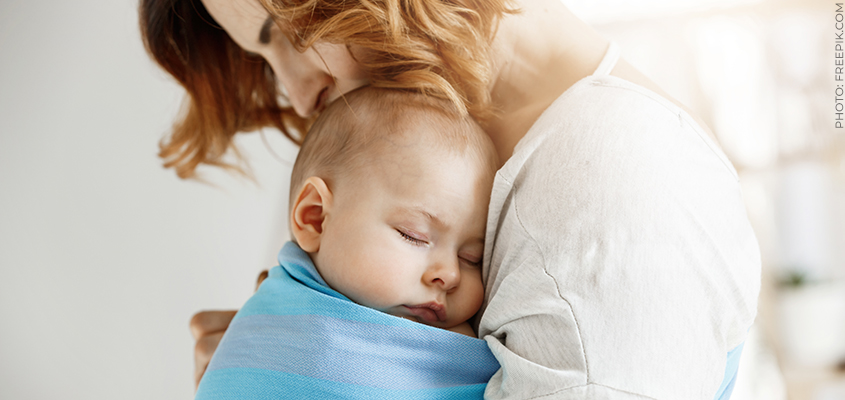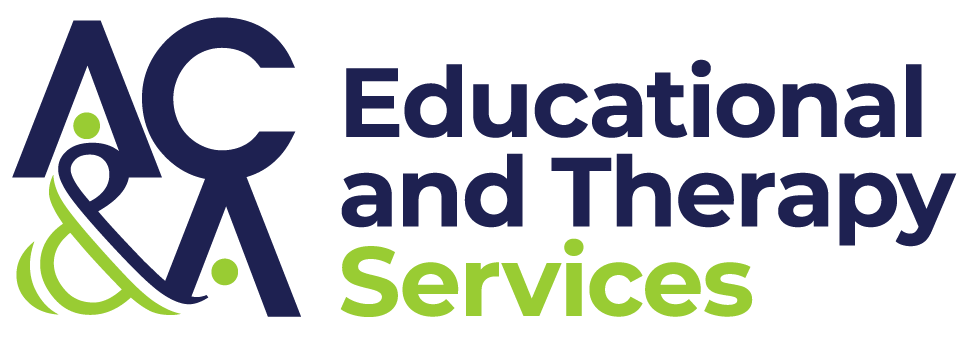
Symptoms of Postpartum Depression (PPD) affect up to 20% of women who gave birth, had a stillbirth or a miscarriage within the last 12 months.
This silent and severe condition not only impacts a mother’s mental health but also interferes with her ability to care for her baby and other daily basis tasks.
Babies require around-the-clock care, so it’s normal for mothers to feel tired or overwhelmed sometimes. However, Postpartum Depression is a more long-term condition, and it is not the mother’s fault. Its possible causes vary from physical to emotional factors, such as family changes, lack of rest or sleep, physical pain or discomfort and hormone levels.
Some studies suggest that one of the causes of PPD may be the rapid drop in estrogen and progesterone after delivery. During pregnancy, those hormones levels increase tenfold and drop back to pre-pregnancy levels about only 3 days after labor.
Some factors that might increase the risks of having PPD can be limited social support, marital conflict, ambivalence about the pregnancy, history of depression during pregnancy, history of PPD.
There are three different kinds of Postpartum Conditions that affect the mother’s mental health, which differ in duration, symptoms and severity:

- BABY BLUES: A very common condition that affects up to 75% of women after delivery, the Baby Blues usually begins in the first week after delivery and goes away within two weeks without medical treatment. However, it is important to have a lot of support during this phase as well as help with the baby and chores. To help you recover, you should ask and/or accept help from friends and family, sleep and rest much as possible, eat healthy food, go outside for a walk in fresh air. If you are having the Baby Blues, you might experience mild mood changes and feel worried, unhappy and exhausted.
- POSTPARTUM DEPRESSION: This is a more severe condition than Baby Blues that affects 1 to 10 women after delivery. Mild to severe symptoms of mood swings, crying, irritability, fatigue, guilt, anxiety and inability to care for herself and the baby may appear within days of the delivery or gradually and may last up to a year. Treatment with a psychotherapy is pivotal for recovery.
- POSTPARTUM PSYCHOSIS: This is a quite rare and extremely severe form of PPD that affects about 1 in a thousand women. Postpartum Psychosis requires immediate emergency medical attention, which usually includes the mother being admitted to a hospital as there is a risk of self-harm, suicide and harm to the baby. Symptoms may include delusions, hallucinations, confusion, paranoia, insomnia, paranoia, delusions, hyperactivity, rapid speech, severe agitation, feelings of shame and hopeless.
May is Maternal Health and Mental Health Awareness Month. Let’s help women who suffer from these silent conditions by raising awareness of Postpartum Depressions.
If you are suffering from any of these symptoms or if you know a woman who is, recontact us to reach a diagnosis as soon as possible and initiate treatment.
Click here to schedule a consultation with Mental Health Therapist.
Help a family grow happy and healthy!

